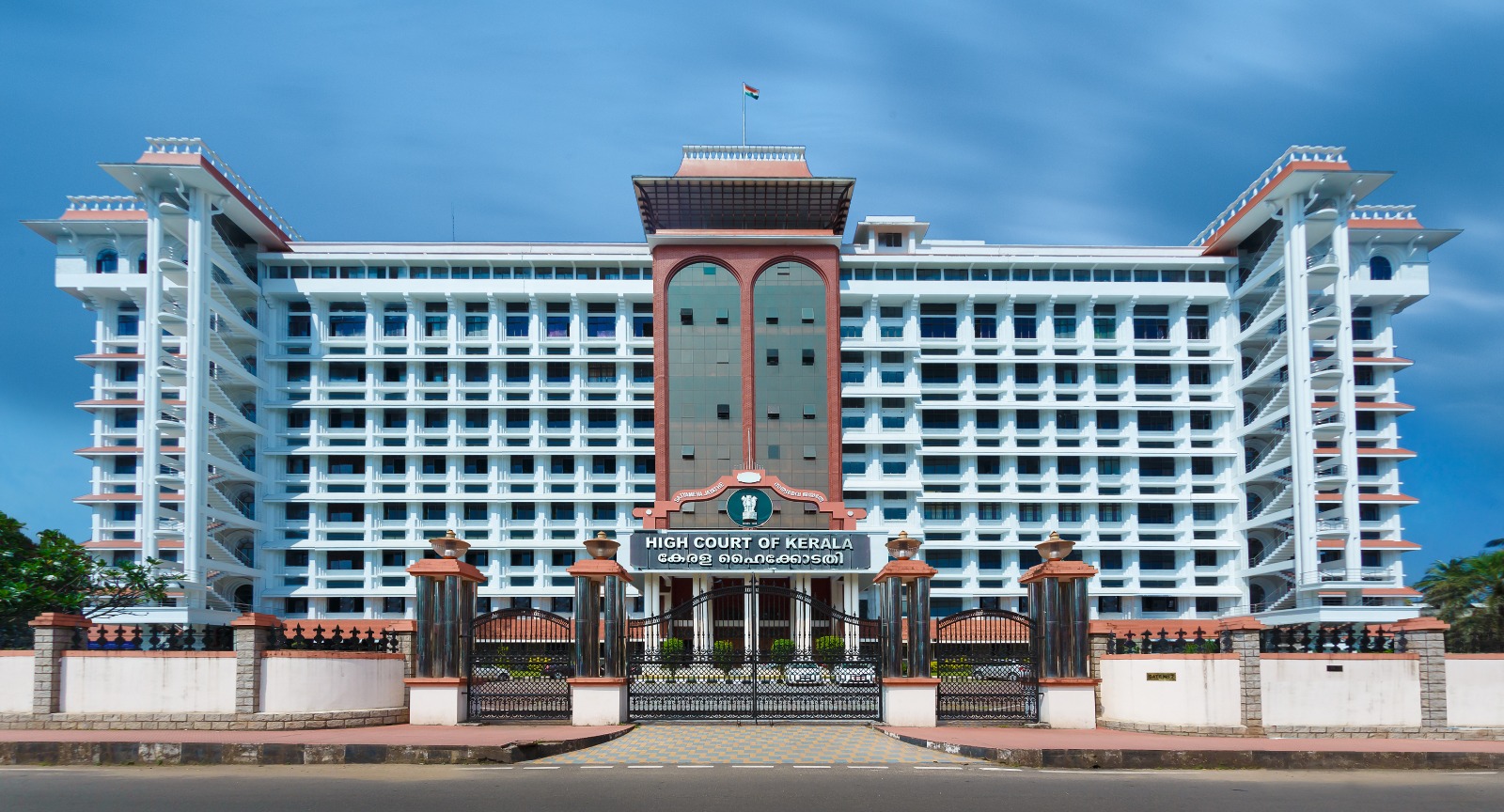Kemp, J.@mdashHis Lordship, after setting out the facts of the case, proceeded] The relief u/s 19 of the Indian Arbitration Act is one within the discretion of the Court and it lies on the plaintiffs to show why the matter should not be referred to arbitration.
2. Mr. Taraporewala for the plaintiffs contends that there are no disputes which can be the subject-matter of a submission and that the suit is for the price. The answer to this is that the defendants, it may be perhaps not so early as they might have done, objected to the accounts submitted to the plaintiffs and alleged amongst other things that the plaintiffs had sold goods direct to other agents than themselves in contravention of the terms of the contract. I do not propose to discuss all the matters of which the defendants complain, but I am quite satisfied that in October, 1928, they did raise a dispute and, so far as I know, a genuine dispute, that the amount claimed by the plaintiffs was incorrect.
3. Mr. Taraporewala next contends that as his clients put an end to the contract on the ground, he says, that the defendants had broken it the arbitration clause in the contract does not apply. in the first place, however, it is impossible for me to say now on these affidavits whether the plaintiffs or the defendants have broken the contract, and in the second place, the plaintiffs by putting an end to the contract do not also put; an end to the arbitration clause. The only decision cited in the argument is the case of Hadson v. Railway Passengers'' Assurance Company [1904] 2 K.B. 833 which Mr. Taraporewala referred to. But there are other authorities which may properly be referred to in deciding this application. The guiding principle determining whether the clause as to arbitration applies or not in cases like the present has been laid down in the following cases from which I draw the general rule that the dispute is referable to arbitration in a case where the avoidance of the contract arises out of the terms of the contract itself. Where, however, a party seeks to avoid the contract for reasons "dehors" it the arbitration clause cannot be resorted to as it, together with the other terms of the contract, is set aside, In other words, a party cannot rely on a term of the contract to repudiate it and still say the arbitration clause should not apply. If he relies on the contract he must rely on it for all purposes. The present disputes clearly arise out of the agreement and the plaintiffs themselves are suing under it for the price. Thus, in Jureidini v. National British and Irish Millers Insurance Company, Limited [1915] A.C. 499 the contract was repudiated and with it the arbitration clause. In the later case of Stebbing v. Liverpool and London and Globe Insurance Company Limited [1917] 2 K.B. 433 the company relied on a term in the contract to avoid liability and it was held the arbitration clause stood and the dispute was referable to arbitration. In Woodall v. Pearl Assurance Co. [1919] 1 K.B. 593 the company also relied on a term in the policy rendering it invalid and did not thereby repudiate the policy as a binding contract. There also it was held that the dispute was referable to arbitration under the arbitration clause as the company had had to rely on a term of the policy itself. Lastly, there is the decision in Be La Garde v. Worsnop & Co [1928] 1 K.B. 17 where Mr. Justice Clauson held that the agreement to refer to arbitration was binding and the action must be stayed where the plaintiffs'' obligation under the contract came to an end in accordance with the terms expressed in the contract itself and not by reason of the occurrence of an event "dehors" the consideration of the contracting parties. In the present case the plaintiffs sue to recover the price under the contract as a valid and binding contract. They cannot, therefore, repudiate one of the terms of the contract relating to arbitration whilst seeking to rely on the contract in support of their claim. I, therefore, hold that the fact that the plaintiffs put an end to the contract does not avoid the effect of Clause 12 of the contract.
4. Then Mr. Taraporewala argues that as the plaintiffs are in Bombay and the defendants in Karachi the arbitrators might not agree on a place at which to hold the arbitration. I see, however, no reason why I should anticipate that the arbitrators are going to disagree on this point and, secondly, the natural thing for the arbitrators to do, whether they are appointed from residents or traders in Bombay or Karachi, is to take the evidence obtainable at Karachi, at Karachi, and the evidence obtainable at Bombay, at Bombay.
5. I do not propose to discuss all the decisions which show in what cases the Court should exercise its discretion by allowing the suit to proceed. The parties to this contract are both merchants and presumably included Clause 12 in their agreement deliberately and with a full knowledge of the effect of it and must be assumed to have known that the arbitrators might have to take the evidence both at Karachi and Bombay. They have gone so far as to provide that an arbitration must first be resorted to before a suit may be filed, I see no reason why in the face of thia solemn and deliberate agreement between the parties I should allow the plaintiffs to file their suit and give no effect to the clause as to arbitration. They must have contemplated the consequences when they inserted the clause in their agreement.
6. Suit stayed till further orders. Liberty to apply. The plaintiffs to pay the defendants'' costs of this application and the costs of the suit up to date to be in the discretion of the arbitrators. Counsel certified.

